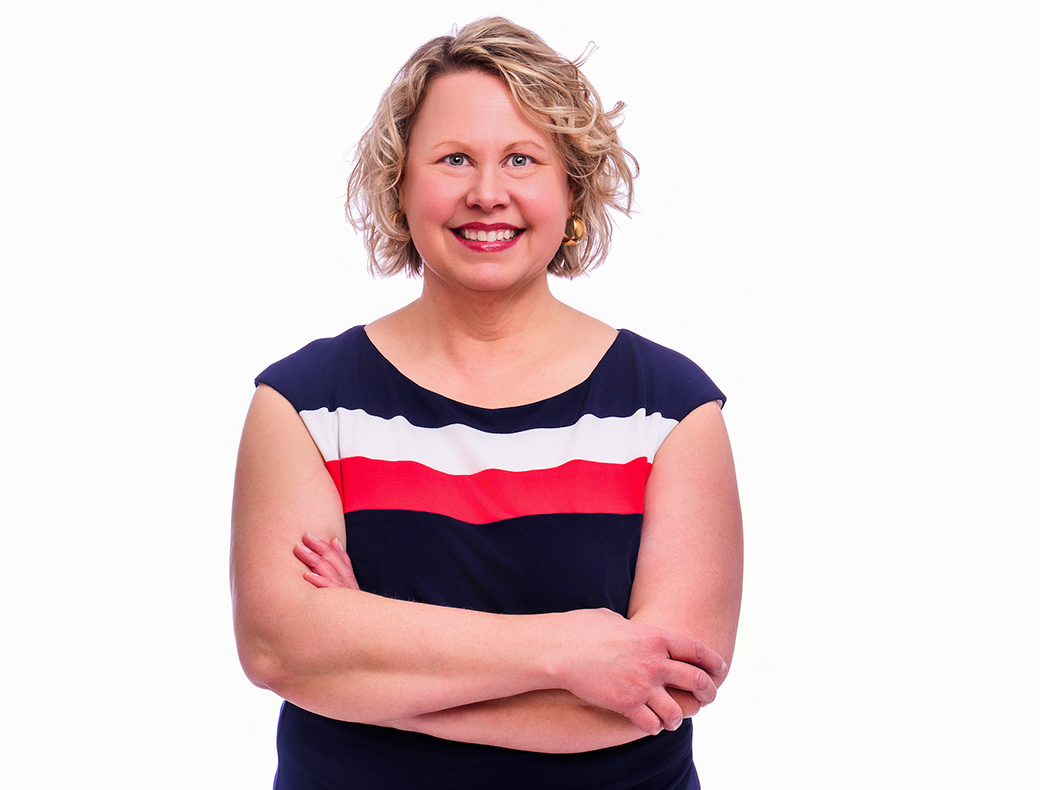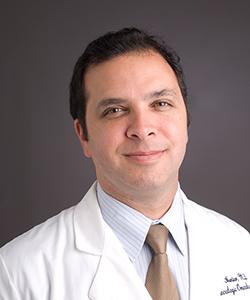Shay Wahl would be the first to tell you that patience isn’t her strong suit.
But she’s working on it through her hobbies.
She and her husband, James, like mushroom foraging within an hour of their home near Freeburg, Missouri. However, you’d better be a close friend if you want them to get more specific than that.
“I really like being outside, and foraging is something James and I bond over,” Shay said. “We love scrambled eggs, and morels and chanterelles are great that way. But we fry ’em up — morels are wonderful fried — and sometimes I’ll make a cream sauce for steaks. You can’t go wrong.”
On the 51 other weekends a year when morels aren’t fruiting, the Wahls have a real home improvement project on their hands, which also takes time and patience. Shay’s choice of plants around the house — cherry trees, apple trees, pear trees, peach trees, plum trees and pecan trees — also take their time to start bearing fruit.
During a difficult time in her life, those young trees, and the promise of their fruit, helped Shay think about the future and find the patience to keep going.
Before the trees were planted, she was diagnosed with breast cancer in 2007. Shay noticed dimpled skin while applying deodorant and brought it to her doctor. At that time, Shay’s only focus was on her young daughter.
“My biggest fear was, ‘Am I going to be able to raise her?’” Shay said. “And it still makes me emotional thinking about it. ‘Am I going to get to watch her grow up? Is she going to know me?’ That was really devastating at the time.”
Shay’s breast cancer was treated at Capital Region Medical Center in Jefferson City. Caught at stage 2B, genetic testing showed it was not caused by a BRCA gene mutation. Fortunately, Shay was an active mom in her daughter’s life. But unfortunately, her cancer journey was not over.
In 2021, twinges of abdominal and back pain became severe pains, and she went to the Capital Region Medical Center ER. Shay was referred to Ellis Fischel Cancer Center for further tests and learned she had ovarian cancer.
“My second diagnosis was devastating, too,” Shay said. “I had memories of my first cancer treatment, but I thought my journey with cancer was done. I was in a better place in my life when I learned I had ovarian cancer, but it was still a shock.”
Shay’s second cancer treatment was more complex than the first. Before starting treatment with a team that included Mark Hunter, MD, who specializes in gynecologic oncology — treating cancer of the female reproductive system — Shay needed emergency surgery for ovarian torsion and a ruptured ovary.
“Shay's case was unique among ovarian cancer cases,” Hunter said. “She presented with a large ovarian mass, fever, nausea and vomiting. Her symptoms suggested that her ovary might have torsed, or twisted around the vein and artery, which causes swelling that can look like a tumor mass.”
Dr. Hunter and his team had to balance Shay’s needs to find the right approach. Most tumor removal surgeries are not performed as emergencies, but most ovarian cancer patients aren’t as sick as Shay was.
“My medical staff are amazing,” Shay said. “There were so many times that I had to trust them with my life and that's scary. But I knew that they were more than competent. Dr. Hunter and my whole team made me feel totally reassured from the start. They were wonderful.”
She was admitted to the gynecologic oncology service, where Dr. Hunter performed emergency surgery. Sitting in a hospital bed, waiting for surgery, Shay remembers one of the doctors sitting with her so she wouldn’t be alone and talking with her until she fell asleep.
“For Shay, being diagnosed and treated here at MU Health Care, that we participated in her care and her cure, provided her benefit because we had all the tools to make sure we got this right,” Hunter said. “We were prepared, during her torsion surgery, to also do a staging operation of her ovarian tumor. That planning, and having that expertise available, is a fundamental strength of an academic health system like ours.”
The pathologists who examined the sample of Shay’s eight-inch tumor found that it was a rare tumor type called endometrioid ovarian cancer, also caught at stage 2B. Her tumor was BRCA-negative, which ruled out a common genetic explanation for her cancers.
Dr. Hunter and his team removed Shay’s tumor and started her on chemotherapy drugs. During an infusion in the hospital, she had an allergic reaction to one of the drugs and pressed her call button.
“It was so reassuring that I know I had 10 to 12 nurses and two doctors run, literally run, into my room to stop the medications and then find a different one,” Shay said. “That trust was so important to me during treatment.”
While recovering from her chemo sessions at home, James helped Shay spend time outside, bundling her in blankets so she could sit in their utility vehicle and ride through the woods or check on the saplings they’d planted. Looking forward to their fruit helped keep her mind off the difficulties of treatment and thinking about a cancer-free future.

Shay’s attitude and advocacy, for herself and others, make her a shining example of patient care to Hunter.
“Shay is really a wonderful person with a phenomenal attitude,” Hunter said. “She’s someone who sees the silver lining to the gray clouds forming around her. And in both her cancer diagnoses, she was a strong advocate for herself, which helped her care teams with early detection.”
With determination, a strong support system and a great care team, Shay is in remission for the second time. Life is in bloom again, whether she’s making progress on the home renovation, foraging for mushrooms or enjoying the fruits of her work in the garden.
“Going through two cancer journeys has taught me you have to be patient, and I’m not a patient person. I’ve never been patient,” Shay said. “But you have to be patient with yourself and with the treatments. So many times, I wondered if I’d ever get better, if I would ever feel like myself again. And now that I’m looking back, I am better. I’m so much more vibrant and full of life and happier. I feel like myself again."




